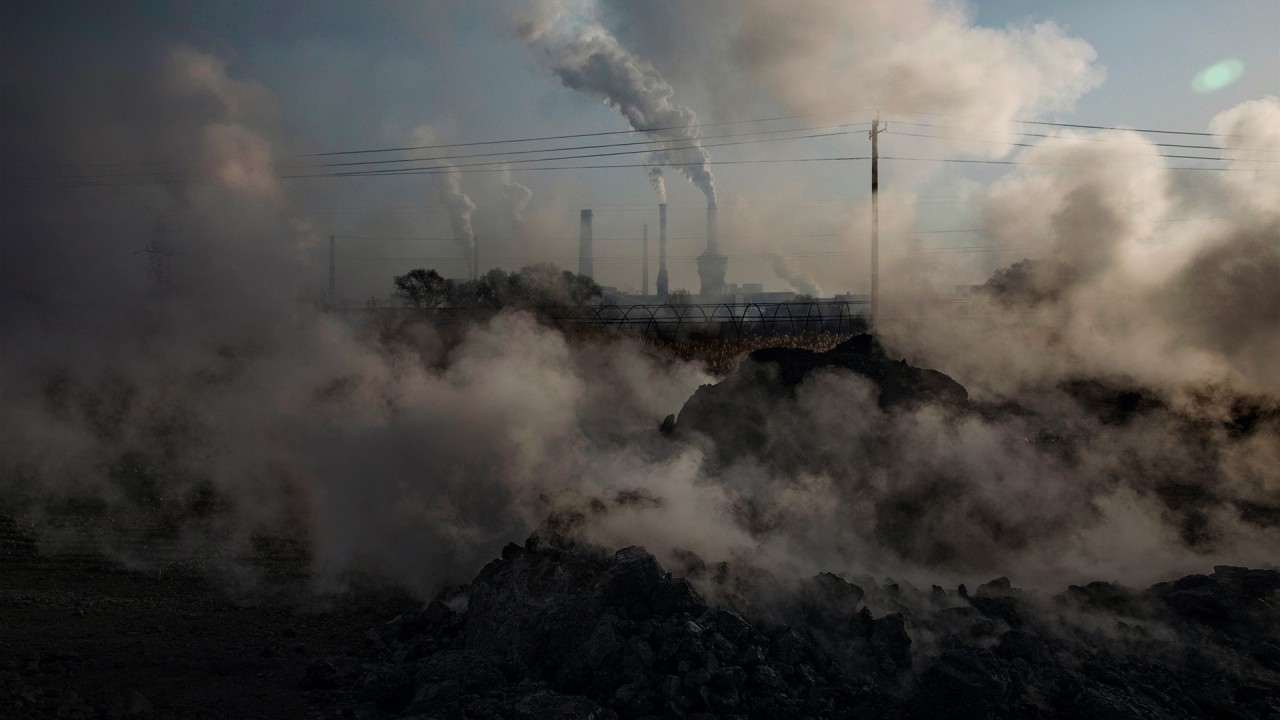COP26: developed nations should meet climate finance pledges, China says before Glasgow summit
- Developing countries’ needs were not ‘taken seriously and effectively responded to’ at past summits, environment vice-minister Ye Min says
- Summit’s finance plan shows developed countries’ pledge of US$100 billion a year in climate funds by 2020 is three years behind schedule

“At previous summits, developing countries were disappointed that the finance and climate adaptation issues that concerned them could not be taken seriously and effectively responded to,” environment vice-minister Ye Min said on Wednesday. “This has become the biggest obstacle [in negotiations].
Climate finance will be central to the Glasgow summit, also known as COP26. Ye’s comments came after the UK presidency of COP26 on Monday published the Climate Finance Delivery Plan, under which developed countries pledged to provide US$100 billion a year in climate finance to support developing countries by 2023, three years later than originally planned.

03:38
COP26 Glasgow, the UN Climate Change Conference: last chance to save the planet?
According to an assessment in September by the Organisation for Economic Co-operation and Development, rich countries contributed US$80 billion in climate finance to developing countries in 2019, up from US$78 billion a year earlier but still below the 2020 target.
“We will not be there in 2022, but in 2023 we will finally reach or even surpass this target,” said Jochen Flasbarth, state secretary at the German environment ministry, on Monday. “Still, I urge developed countries and multilateral development banks to continue in their effort to even increase climate finance to the highest possible range.”